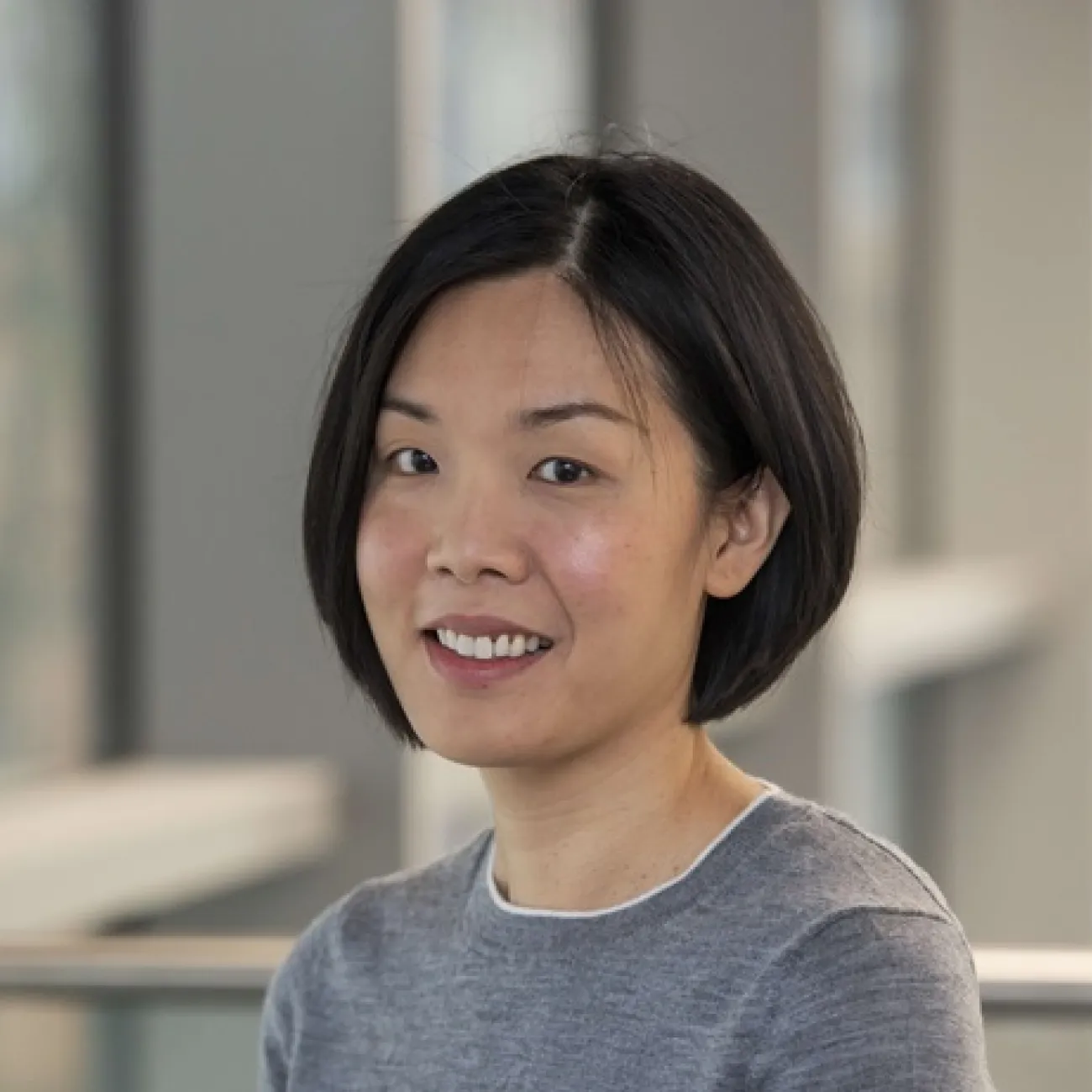About
Sean Lim is Professor of Haematology and Translational Immunology. Her position is funded by a Cancer Research UK Advanced Clinician Scientist Fellowship. This enables her to uniquely bridge the divide between laboratory and clinic. Her research interest is in cancer immunotherapy.
Research
Research groups
Research interests
- Identification of new therapeutic targets in lymphoma
- Development of novel monoclonal antibody combination therapies for cancer
- Understanding the determinants of an effective immune response in patients with lymphoma
Research projects
Active projects
Completed projects
Publications
Pagination
External roles and responsibilities
Biography
Sean completed her medical degree at the University of Bristol in 2001, and then trained in general medicine before specialising in Haematology, which she completed in 2012. During this time, she was awarded a clinical research training fellowship by the Medical Research Council which enabled her to simultaneously complete a PhD in cancer immunology at Southampton in 2011. Her work was awarded the Royal College of Pathologists’ Specialty Research Medal (2012) and UK CLL Forum’s Catovsky Prize (2011).
Through a Cancer Research UK Clinician Scientist Fellowship award, Dr Lim spent two years as a visiting postdoctoral research fellow in Professor Ron Levy’s laboratory at Stanford University, USA. In 2015, she returned to Southampton to lead her own research group. Her recent work was awarded the British Association for Cancer Research (BACR) Roger Griffin Prize for Cancer Drug Discovery. She is also a practicing clinician subspecialising in lymphoma.
Research Interests
Sean Lim's primary research interest is to understand and develop new immunotherapeutic approaches in cancer. Whilst her clinical expertise lies in lymphoid malignancies her laboratory work also involves solid tumours.
Monoclonal antibody therapy
Her main research programme focuses on understanding the effects of immunostimulatory monoclonal antibodies in cancer, in particular, how they might be combined with direct, tumour targeting antibodies to induce durable anti-tumour responses. Her work (Turaj et al Cancer Cell 2017) showed that T cells, when activated by an immunostimulatory antibody against CD27, a TNFR superfamily member, led to bystander activation and infiltration of myeloid cells into the tumour microenvironment. These myeloid cells had enhanced tumour killing capacity when a second tumour-targeting antibody was given in combination. These preclinical observations were translated into a clinical trial (RiVa) for individuals with relapsed B-cell lymphoma (Lim et al, ASH 2021). More recently, her laboratory has also characterised how a CD27 monoclonal antibody can be engineered to produce improve immunostimulatory capacity (Heckel et al, Communications Biology 2022). Using single-cell technology, her lab is now focusing on understanding how other immunostimulatory antibodies can be used to manipulate adaptive and innate immunity to induce durable anti-cancer responses.
In another project in this field, Dr Lim is also characterising and development novel antagonistic antibodies, together with Professors Mark Cragg and Stephen Beers.
COVID-19 research
Dr Lim's research direction is also very much driven by clinical need. The COVID-19 pandemic drove her research towards investigating whether immunocompromised individuals, such as those with lymphoma, are protected by COVID-19 vaccination. She is Chief Investigator to a UK multicentre prospective observational study evaluating COVID-19 vaccine immune responses in individuals with B-cell malignancies (PROSECO) (Lim et al Lancet Haematology 2021; Lim et al Nature Cancer 2022; Wijaya et al Lancet 2023) and also co-led other multicentre, national studies investigating COVID-19 vaccination and immune responses (OCTAVE/DUO - Barnes et al Nature Medicine 2023, MELODY - Pearce, Lim et al Lancet Rheumatology 2023, STRAVINSKY).
Other Projects
Other ongoing projects in the lab include:
- The discovery of novel treatment targets in difficult-to-treat peripheral T-cell lymphomas (with Professor Mark Cragg, Cancer Sciences),
- Development of novel DNA oligonucleotides for cancer therapy (with Dr Eugen Stulz, Chemistry), and
- Optimisation of novel anti-cancer immunotherapies by using a data-driven approach to control immune cell states (with Dr Owen Rackham, School of Biological Sciences).
Prizes
- BACR Roger Griffin Prize for Cancer Drug Discovery (2018)
- Royal College of Pathologists Specialty Research Medal (2012)
- UK CLL Forum Catovsky Prize (2011)
